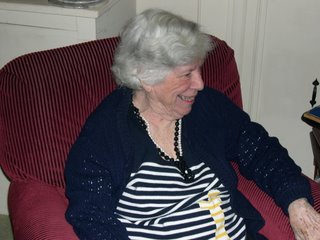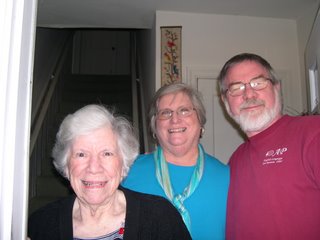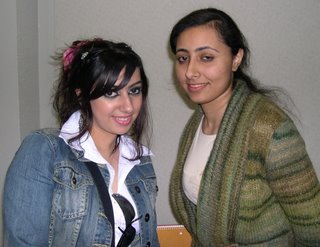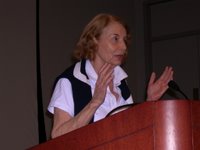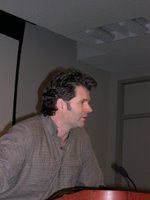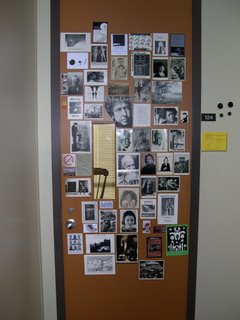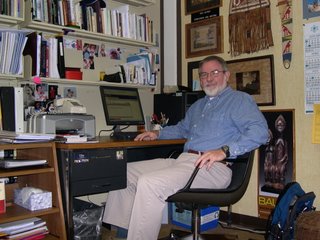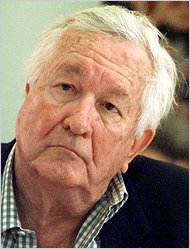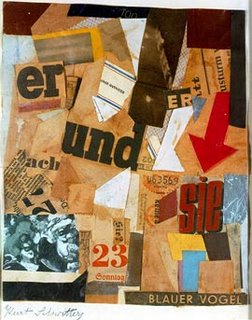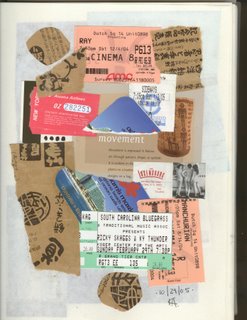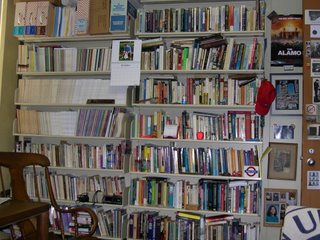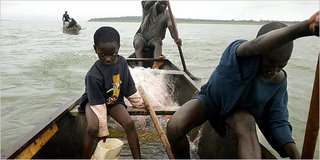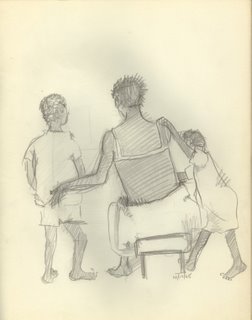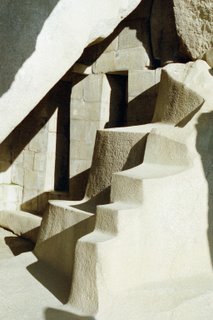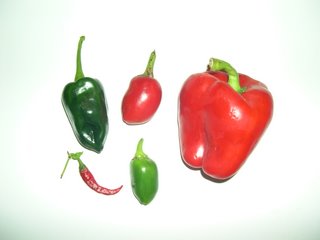
This suitcase [containing his father's unpublished writing]
was a familiar friend, a powerful reminder of my childhood, my past, but now I couldn't even touch it. Why? No doubt it was because of the mysterious weight of its contents. I am now going to speak of this weight's meaning. It is what a person creates when he shuts himself up in a room, sits down at a table, and retires to a corner to express his thoughts – that is, the meaning of literature.
...
A writer is someone who spends years patiently trying to discover the second being inside him, and the world that makes him who he is: when I speak of writing, what comes first to my mind is not a novel, a poem, or literary tradition, it is a person who shuts himself up in a room, sits down at a table, and alone, turns inward; amid its shadows, he builds a new world with words.
...
The writer's secret is not inspiration – for it is never clear where it comes from – it is his stubbornness, his patience. That lovely Turkish saying – to dig a well with a needle – seems to me to have been said with writers in mind.
...
But once we shut ourselves away, we soon discover that we are not as alone as we thought. We are in the company of the words of those who came before us, of other peoples' stories, other people's books, other people's words, the thing we call tradition. I believe literature to be the most valuable hoard that humanity has gathered in its quest to understand itself. Societies, tribes, and peoples grow more intelligent, richer, and more advanced as they pay attention to the troubled words of their authors, and, as we all know, the burning of books and the denigration of writers are both signals that dark and improvident times are upon us.
...
All true literature rises from this childish, hopeful certainty that all people resemble each other. When a writer shuts himself up in a room for years on end, with this gesture he suggests a single humanity, a world without a centre.
...
As you know, the question we writers are asked most often, the favourite question, is; why do you write? I write because I have an innate need to write! I write because I can't do normal work like other people. I write because I want to read books like the ones I write. I write because I am angry at all of you, angry at everyone. I write because I love sitting in a room all day writing. I write because I can only partake in real life by changing it. I write because I want others, all of us, the whole world, to know what sort of life we lived, and continue to live, in Istanbul, in Turkey. I write because I love the smell of paper, pen, and ink. I write because I believe in literature, in the art of the novel, more than I believe in anything else. I write because it is a habit, a passion. I write because I am afraid of being forgotten. I write because I like the glory and interest that writing brings. I write to be alone. Perhaps I write because I hope to understand why I am so very, very angry at all of you, so very, very angry at everyone. I write because I like to be read. I write because once I have begun a novel, an essay, a page, I want to finish it. I write because everyone expects me to write. I write because I have a childish belief in the immortality of libraries, and in the way my books sit on the shelf. I write because it is exciting to turn all of life's beauties and riches into words. I write not to tell a story, but to compose a story. I write because I wish to escape from the foreboding that there is a place I must go but – just as in a dream – I can't quite get there. I write because I have never managed to be happy. I write to be happy.

















